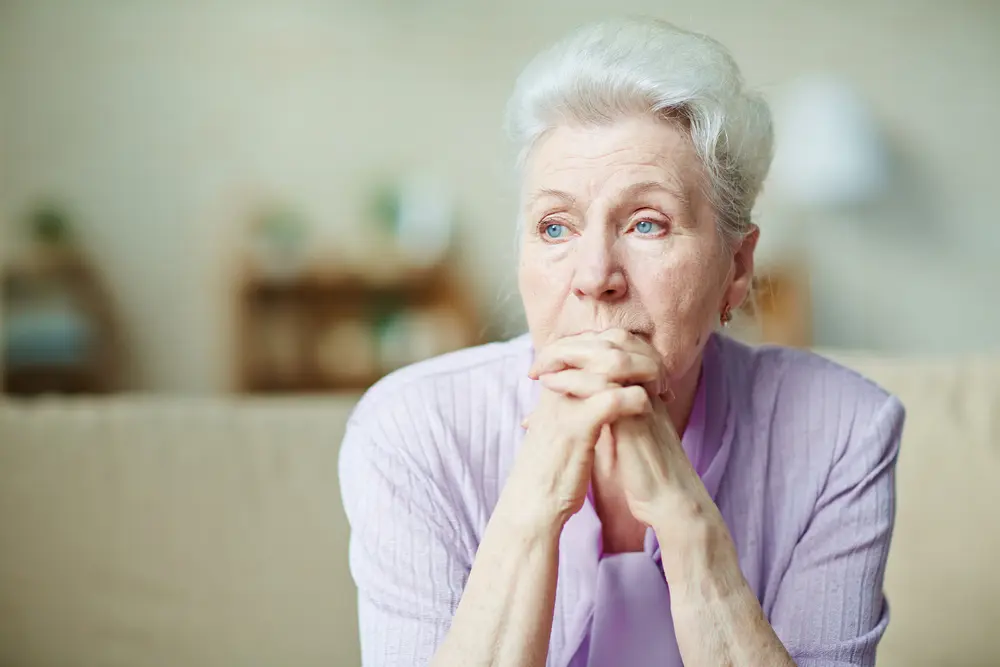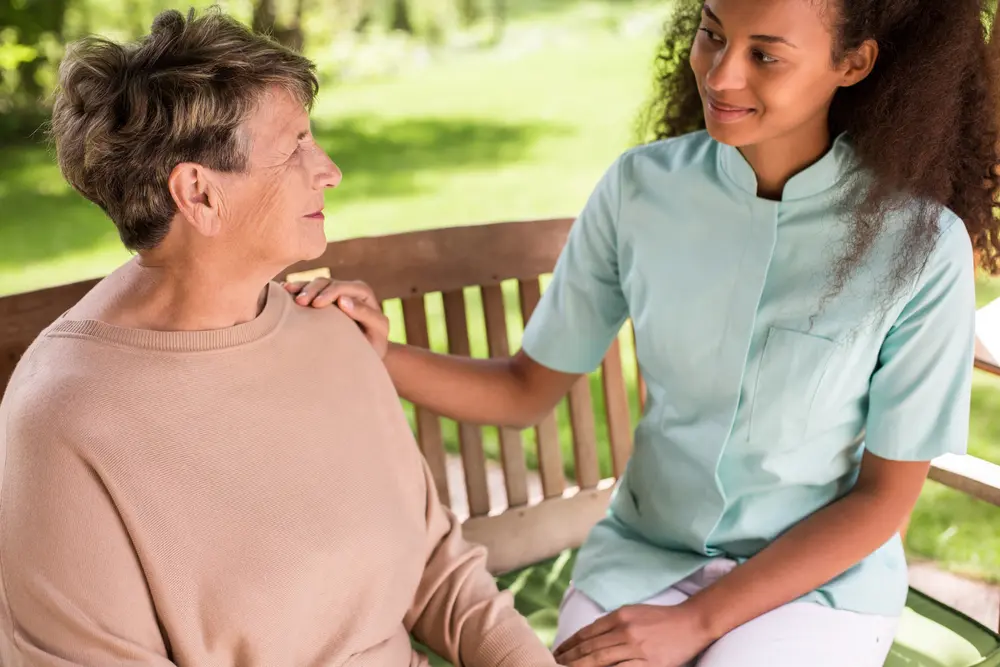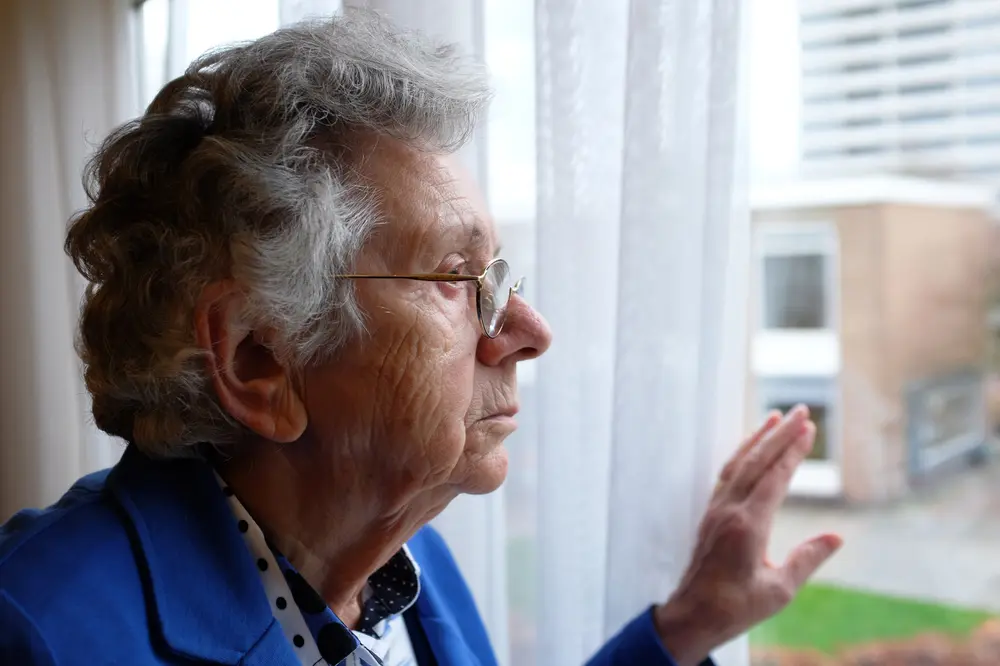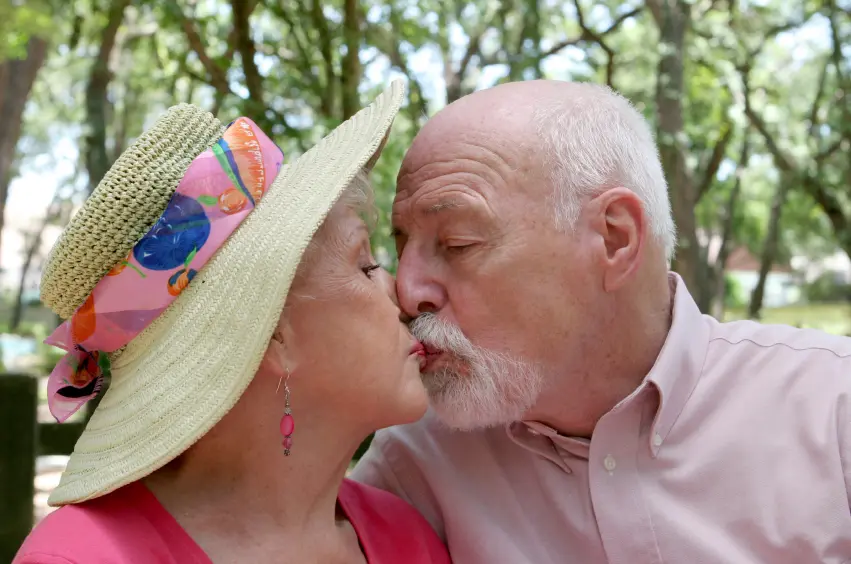Living alone poses many risks to elderly people, but live-in care can significantly reduce these risks and improve quality of life for your loved one.
Many older people end up living alone. This can be through choice, loss of a loved one or several other factors. However, living alone is not always the best option for older people as it can sometimes increase risks to their health, wellbeing and mental state.
Here we will explore the possible risks of elderly people living alone, and how these are best mitigated.
The risks of living alone
Studies have shown that those living alone are far more likely to report poor health, poor vision, difficulties in performing daily activities and social isolation.
While this may not happen in every case, it is important to consider this when thinking of care arrangements for your loved one. Here are just some of the risks they could face:
Lack of oversight
With age comes problems with memory, cognitive thinking and physical mobility that make it much harder to complete day-to-day activities. Those affected cannot manage their lives as they once did, and this brings a number of problems.
For example, if your loved one forgets to buy the week’s groceries, their nutritional intake – and their health – can suffer.
Another example is that a loved one may choose not to shower or bathe as it is now difficult for them, affecting their personal hygiene.
Without the ability to effectively manage their own lifestyle, those who live alone can experience a lower quality of life than they deserve.
Poor medication management
Four out of five people aged over 75 take at least one medicine, and 36% of this age group take four medicines or more.
The timing of each of these medicines is critical, as is ensuring that you have enough to last you until your next appointment. If your loved one has issues with memory, it is very likely that they’ll have difficulty taking medication as required. This could lead to several side effects and pose certain health risks.
Increased risk of falls
Living alone is associated with having multiple falls. The impact of these falls can be more long-lasting than is strictly necessary as the person may not seek medical advice.
Social isolation
Age UK states that over 2 million of England’s over 75s live alone, and just over half of them go for over a month without speaking to a friend, neighbour or family member.
This can easily lead to depression and a decline in general wellbeing. If an elderly person were to live with someone else, this risk would be greatly reduced, as they would have company around-the-clock and would be able to access events and social gatherings in the community.
How can you reduce the risks?
There are many things you can do to reduce the risks for elderly people living alone. By visiting regularly, encouraging your loved one to engage with neighbours and social activities (such as book clubs, exercise clubs, bridge groups) you can make sure they are well looked after.
Asking volunteers from organisations like Age UK to come in and check on them is also a good idea.
Live in care
Live-in care can help mitigate the risks posed by elderly people living alone, by ensuring that someone is with your loved one 24-7.
Expert carers provide whatever support is necessary to enable an elderly person to continue living in their own home with as much independence as possible.
Carers can help manage medications, book GP appointments, organise social activities, prepare nutritious meals, and provide that vital companionship to keep loneliness at bay.
Live-in care is the solution to the risks posed by living alone. By providing assistance and encouragement where needed, it vastly improves elderly people’s quality of life, physical health and general mood.
Make an enquiry with The Good Care Group to discuss how live-in care can help your loved one stay safe and supported in their own home for longer.



